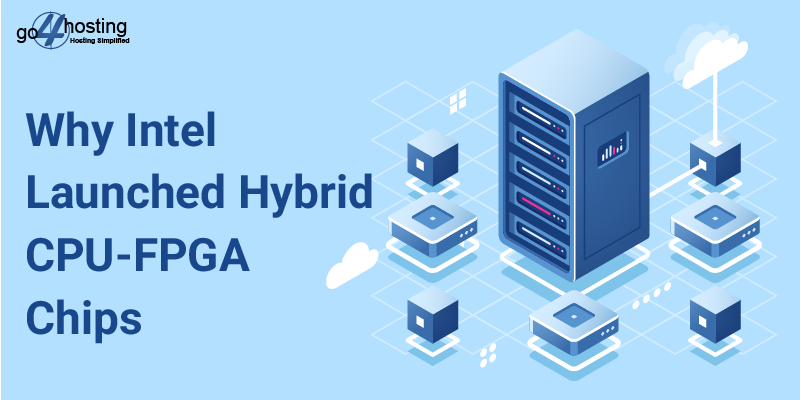Why Intel Launched Hybrid CPU-FPGA Chips

Intel had earlier acquired the Altera which focused on the FPGA or field programmable gate array. Recently they declared the launch of new hybrid online chips. These are designed to combine the FPGA with CPUs to achieve targets that had been set in 2010. According to forecasts, the FPGA market is destined to be worth almost $10 billion in another 5 years time. It is because of this reason that Intel has acquired Altera, the FPGA giant year before last. Following this acquisition, Intel is using its new FPGA for developing machine learning solutions, Big Data processing solutions, cloud computing solutions etc. Intel has introduced the hybrid CPU-FPGA chips to get more powerful and flexible applications.
Are the Xeon Phi and FPGA similar?
This hybridization concept is definitely not new; it had been voiced way back in 2010. A new software stack has also been introduced which will simplify working with this new hardware. The FPGA is important as it is an IC or integrated circuit which is customizable and can cater to specific needs. So, the FPGA may be programmed on the go to carry out specific tasks as and when needed. This also explains why some people thought that the FPGA chips are expected to give the Xeon Phi accelerator a stiff competition. However, Intel has clarified that this is not their intention. They say that the FPGA is quite distinct from the Xeon Phi acceleration because the latter will offer only specialized acceleration whereas with the FPGA, you can achieve multifunction acceleration.
Similar to the GPUs, these FPGA chips are going to be employed for both offload and inline purposes. Inline refers to a condition were the CPU completely away from data and it goes directly into and out of FPGA for processing. But offloading is where the data entering first will go through CPU before it is moved to FPGA for processing. It is interesting to note that the FPGAs have been introduced by Intel because these are meant for specific tasks that cannot be performed either by the GPUs or the Xeon Phi. Intel is saying that the Altera FPGAs will work like co-processors. So, they will be competing with the Xeon Phi is certain aspects. But, they are designed to be far more versatile. They will be therefore suited for specific kinds of tasks better than either the GPUs or the Xeon Phi. The FPGA, in short, will let you cover a much wider application space.
The combined solution offers a rather tight bonding between the CPU and FPGA. External PCI Express card however is not tightly coupled. The main differences between discrete and integrated lie in the different architectures and data movement. So, when you are running multiple workloads inside a data center facility, you will not want to connect it to a single app. If done properly, technology is capable of enhancing overall customer experiences. So, the more you introduce specialization, the better is the accelerator performance. This means that the hybrid FPGA chips will now be able to guarantee much better performance in certain apps. Since it offers programmability and helps in accelerating workloads which can be parallelized, you can use these for data analytics, machine learning, AI or Artificial Intelligence, financial analysis, video transcoding, security and genomics.
As far as its FPGA strategy is concerned, Intel has taken up a two-pronged plan. It offers both these FPGA-CPU processors and separate Arria brand FPGA devices on a PCI Express card. The hybrid FPGA-CPU device will be using faster UPI link; this is expected to be far more efficient compared to the earlier QuickPath Interconnect. It can therefore support many requests per message. Besides, Intel has also come out with a developer tool set for designing apps to cater to both discrete and integrated products. All of these are going to be written in OpenCL which is similar to C language.
So, the main reason behind the introduction of these hybrid chips is to make them compatible to the new new-generation processors. They will be easy to migrate and they will allow the FPGA developer to target a bigger user base.





